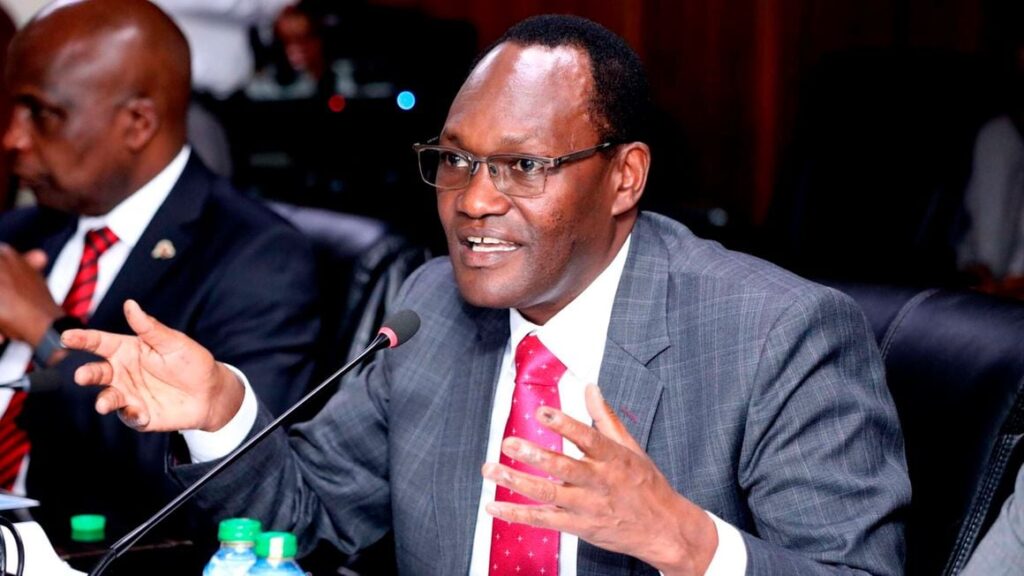Kenya Promises Full Disclosure on Public Debt in New Financial Plan
Kenya’s National Treasury has unveiled a comprehensive three-year financial plan aimed at enhancing transparency and reducing the cost of foreign loans through full disclosure of public debt.
The new strategy, overseen by Treasury Principal Secretary Chris Kiptoo, will shift the government’s financial operations from a cash-based accounting system to an accrual basis by the 2026/2027 fiscal year.
Currently, Kenya uses a cash accounting system, which records only cash transactions, leaving out liabilities like public debt and pending bills. The transition to accrual accounting will enable the government to record assets and liabilities in real time, giving a clearer picture of the country’s financial health.
This move is expected to enhance transparency, reduce the cost of borrowing, and improve foreign lenders’ confidence in Kenya’s financial management.
Jonah Wala, the National Treasury’s Director of Accounting Services, explained that the current system does not show the full scope of government finances. By shifting to accrual accounting, the government will link loans directly to specific projects and disclose key details about its financial standing.
Supported by the World Bank and International Monetary Fund, the project will cost Ksh3.1 billion ($24.8 million) and will include asset valuation, IT upgrades, and retraining of 6,000 government accountants. Kenya joins Tanzania and Uganda in adopting the accrual system, with Rwanda nearing completion of a similar transition.
The shift comes at a time when Kenya’s public debt has raised concerns. In July, Auditor-General Nancy Gathungu revealed that the government could not account for projects funded with Ksh1.13 trillion in loans over the past 11 years.
Meanwhile, President William Ruto appointed an independent taskforce to audit public debt, though its activities were temporarily halted by a court ruling.
The new financial plan aims to rebuild trust in Kenya’s fiscal management and position the country for cheaper and more sustainable borrowing.
Source: The East Africa



